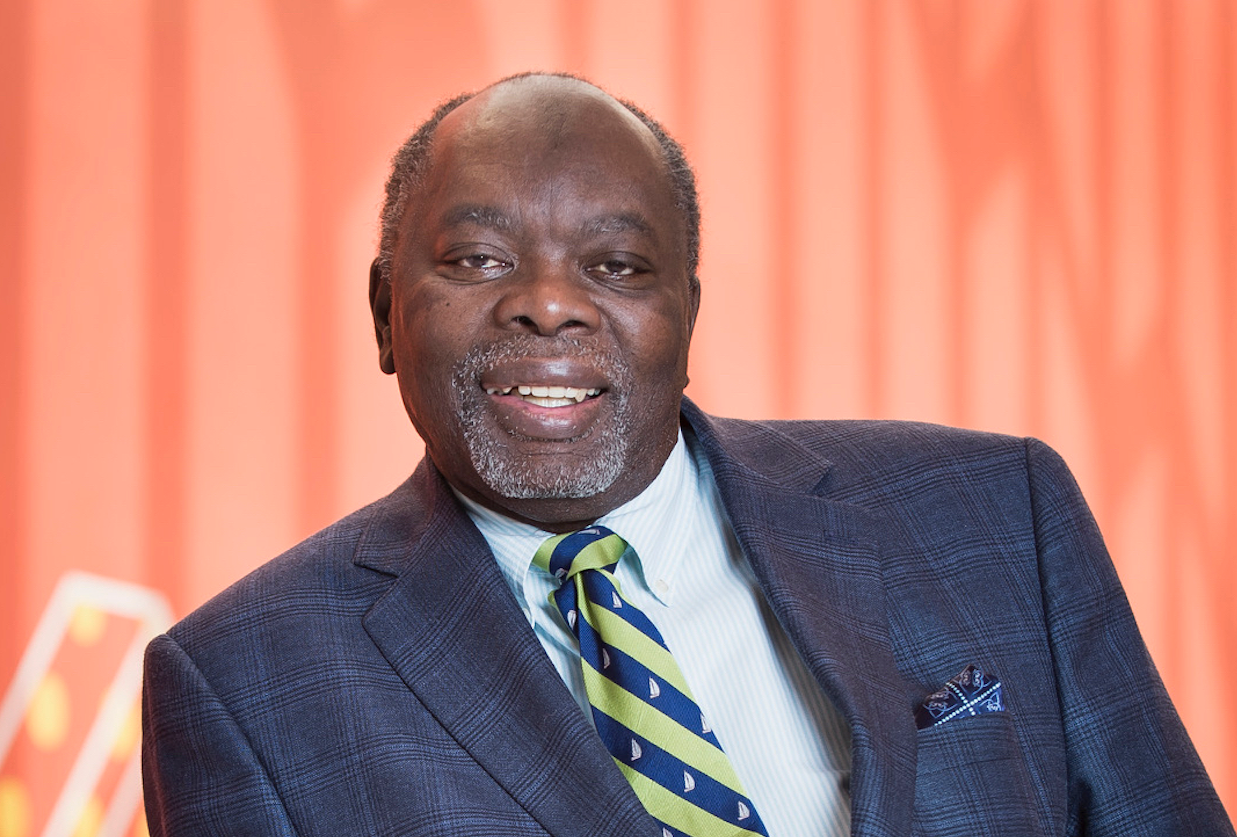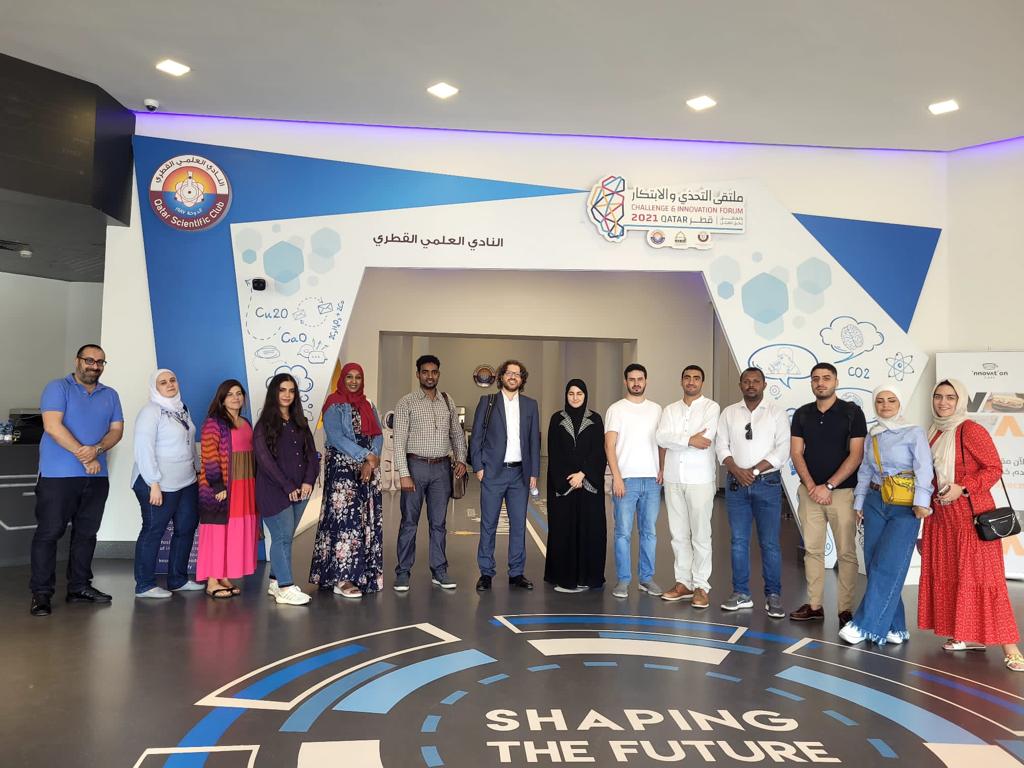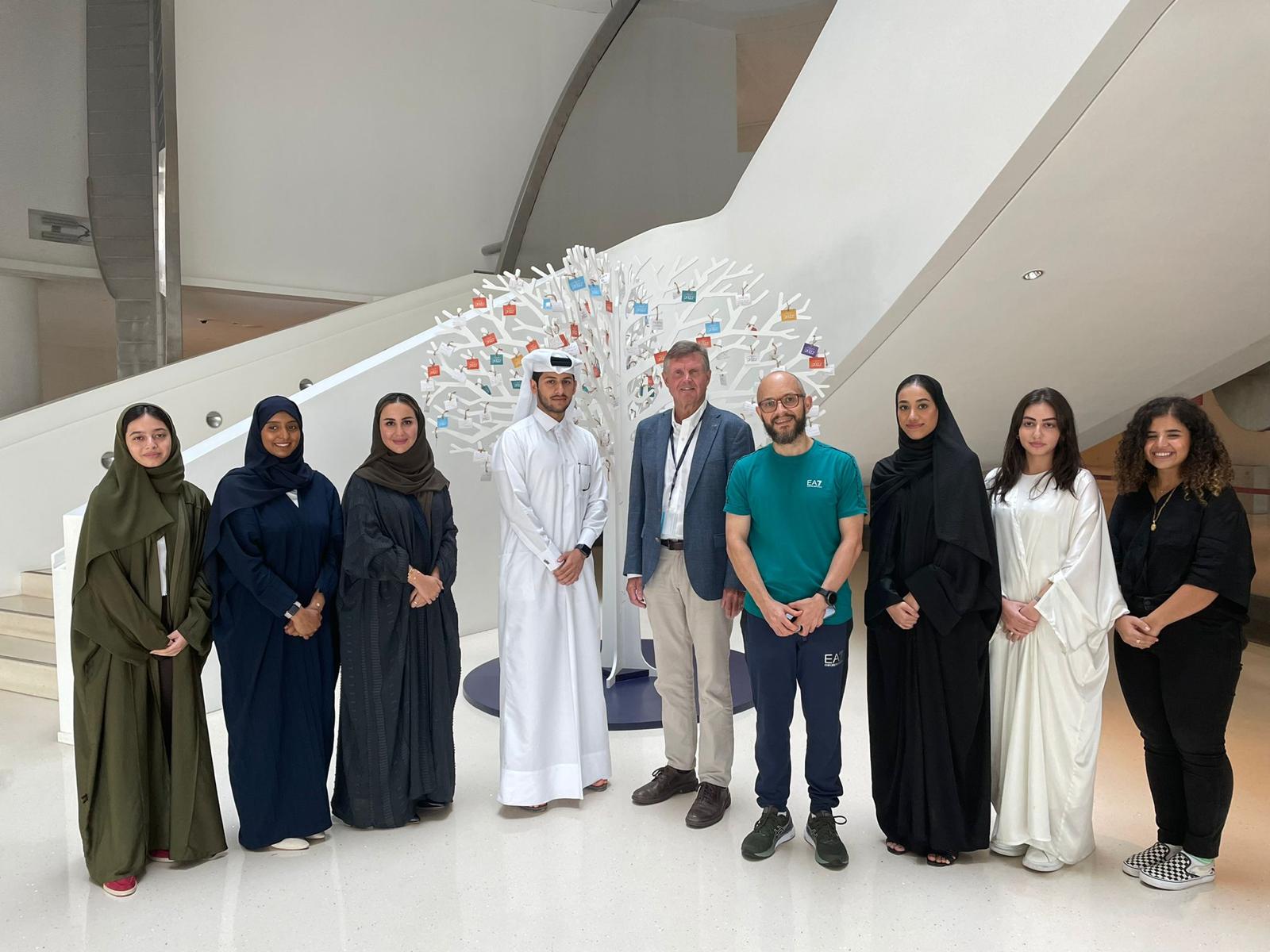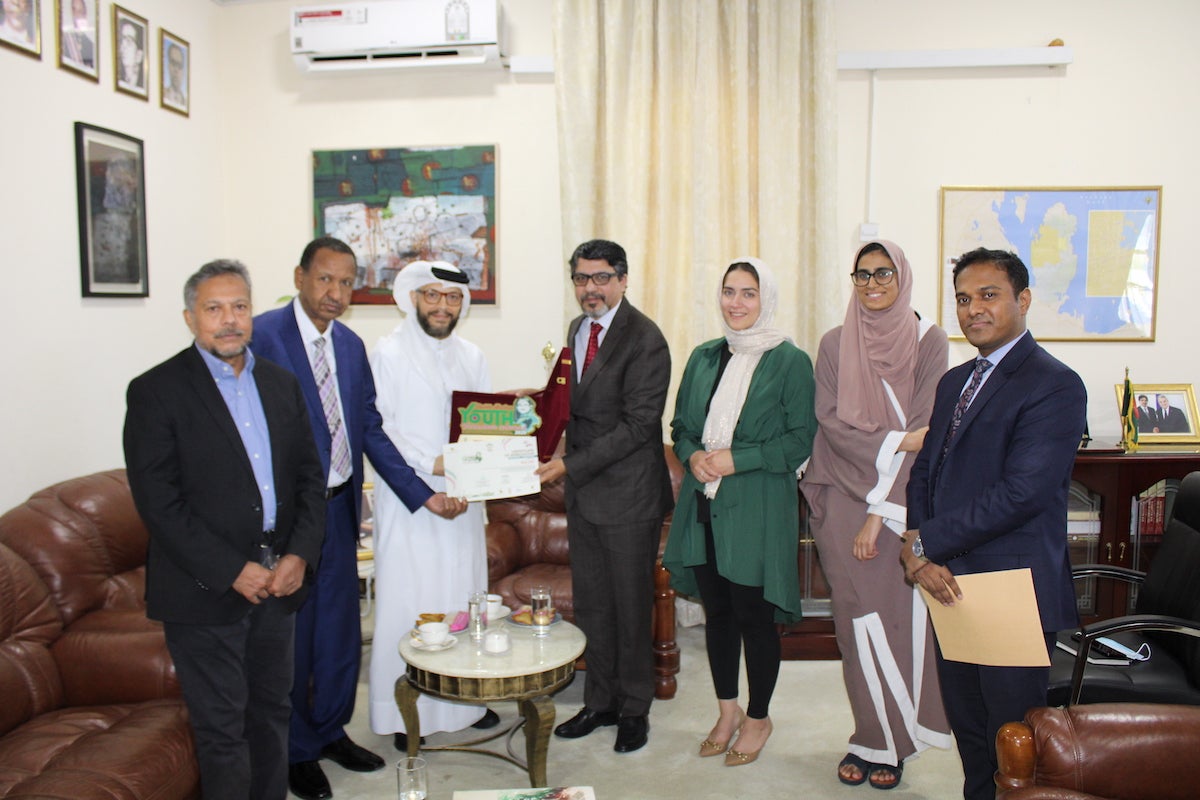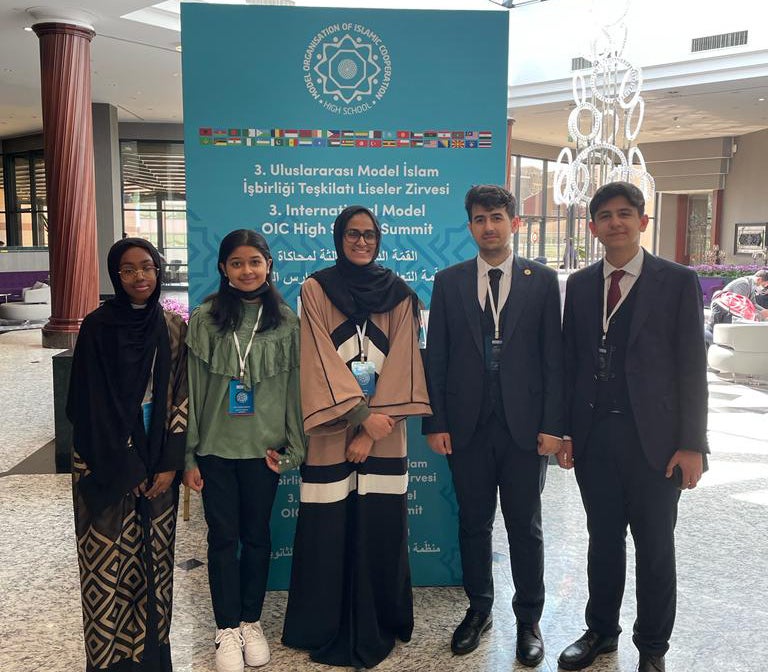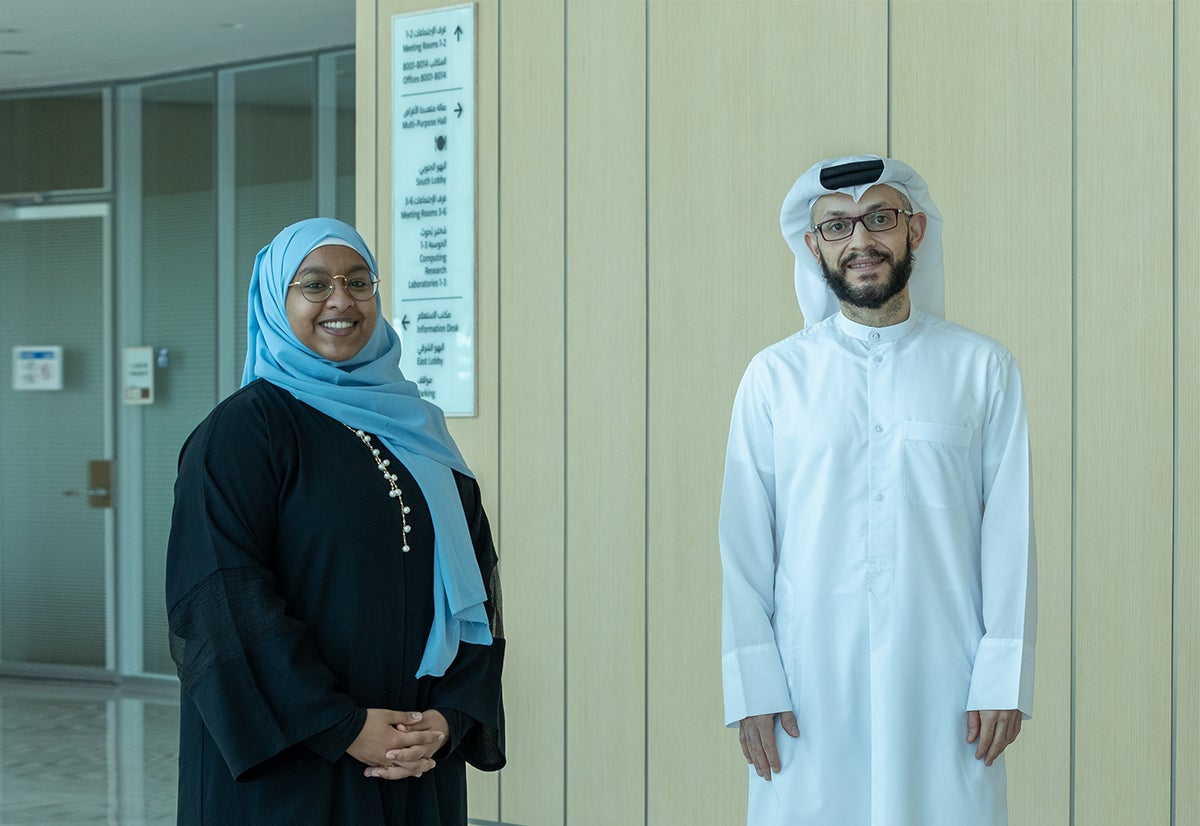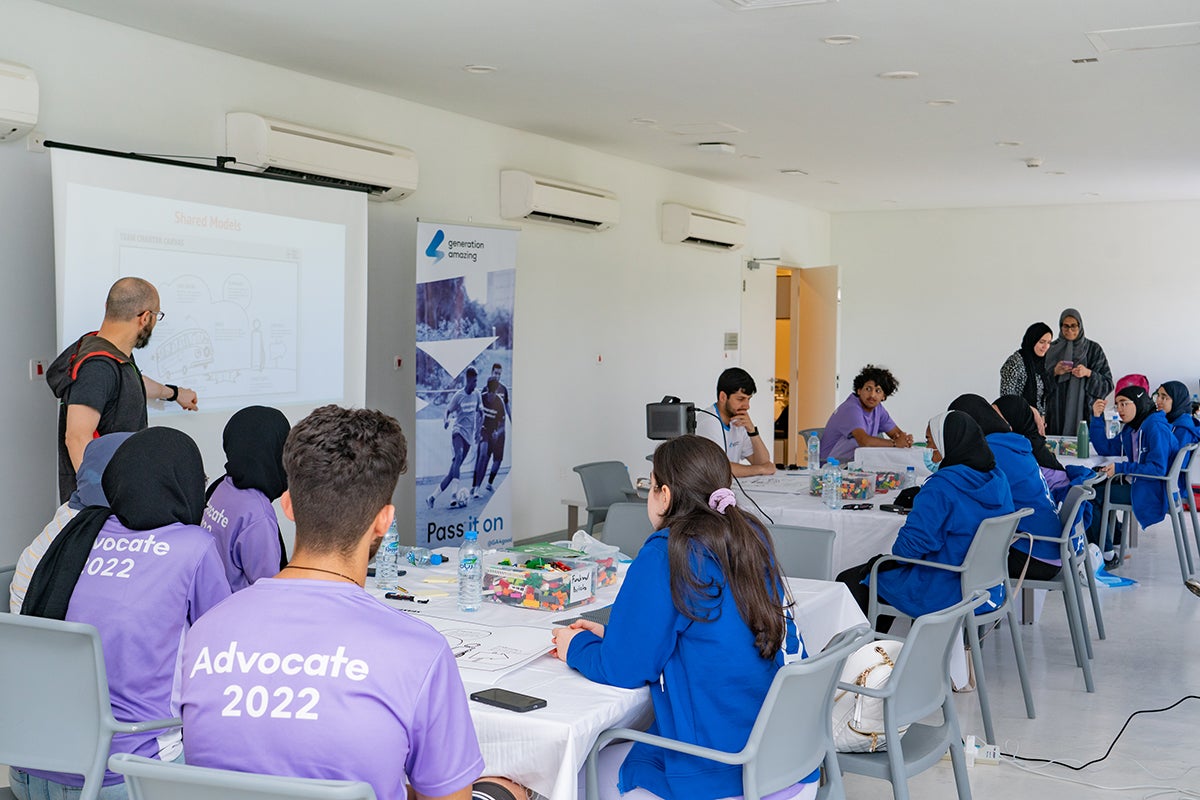CILE virtual summer school organized in partnership with leading Belgian university
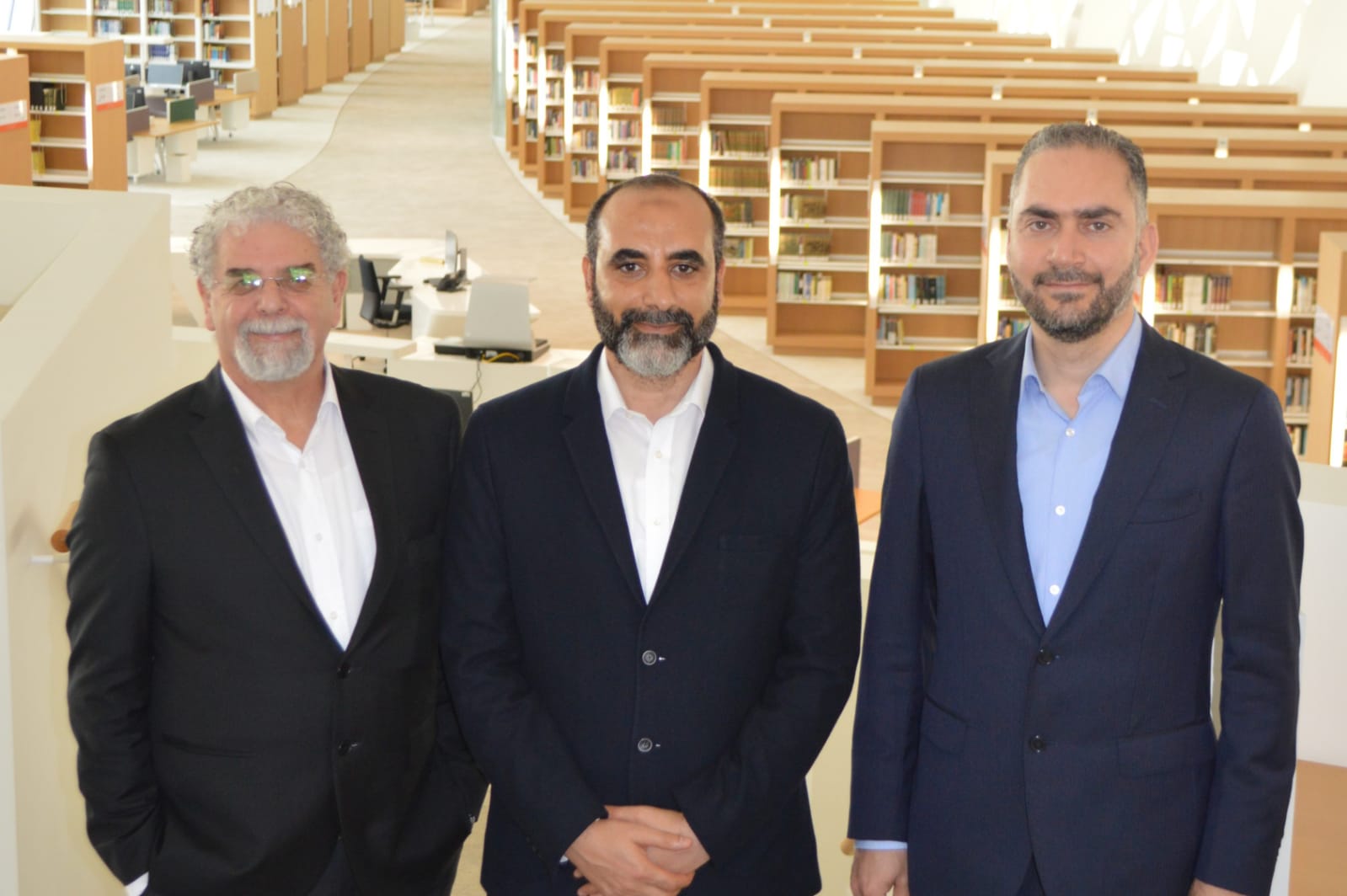
In line with its mission to frame debates on Islam in a global context, the College of Islamic Studies (CIS) at Hamad Bin Khalifa University (HBKU) has recently collaborated with Belgium’s Katholieke Universiteit Leuven (KU Leuven). This collaboration was reflected in joint academic activities between the Center for Islamic Legislation and Ethics (CILE) and KU Leuven’s Leuven Centre for the Study of Islam, Culture and Society (LCSICS) to deliver a virtual summer school and an international conference. It was cemented with a memorandum of understanding between the institutions.
Taking place from August 9 to 12, the Islamic Ethics and the COVID-19 Pandemic summer school provided participants interested in Islamic ethics with the skills and knowledge to critically engage with the global ethical discourse surrounding COVID-19. Over the course of four days, participants became familiar with case studies of pandemic diseases and their effects on Muslim societies in medieval, colonial and contemporary times, such as congregational rituals, medical rationing and triage. This was accompanied by an analysis of the ethical approaches and discourses relating to COVID-19, including secular bioethics and varying Islamic approaches to scriptural, theological and juristic aspects.
The summer school initiative highlights CILE’s distinctiveness in leading the interdisciplinary field of Islamic Ethics. Some of the school’s key speakers included CIS faculty Dr. Mohammed Ghaly, Dr. Mutaz al-Khatib and Dr. Rajai Ray Jureidini, along with professors from Leuven and Germany including Dr. Umar Ryad, Dr. Arjan Post and Dr. Samer Rashwani.
Speaking after the conclusion of the summer school, Dr. Mohammed Ghaly, professor of Islamic bioethics at CIS, said: “During times of uncertainty, individuals and communities tend to consult their moral systems and examine how controversial ethical dilemmas can be addressed. The COVID-19 pandemic is by no means an exception to the rule and has triggered global discourse on related moral issues. It was therefore an honor to work with KU Leuven to develop a summer school initiative addressing these issues. The affinities between CILE and LCSICS are clear, and most notably include our shared commitment to the development of scholarship concerning Islam and Muslim societies. We look forward to working with them and other renowned universities on further events in the future.”
CIS has established a two-year Master of Arts program in Applied Islamic Ethics which combines the fundamentals of interdisciplinary scholarship in Islamic Studies with the practical skills of research. Consistent with the Qatar National Vision 2030 of establishing a knowledge-based society, the program addresses the challenge of balancing between taking the lead in cutting-edge research and technology on the one hand, and being conscious of and faithful to one’s religious and cultural identity on the other hand.
CIS at HBKU regularly holds events to highlight its research activities and projects. For more information, please visit cis.hbku.edu.qa.




